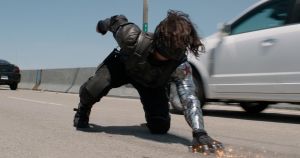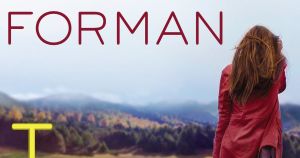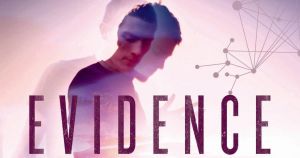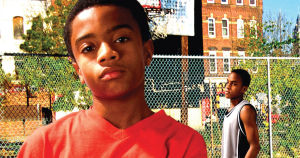
(Not) Engaging with Disability: Convenient Approaches in SFF
Magic and technology often minimize disability in SF/F. How can authors meaningfully engage with disability and the ways that speculative elements can affect disabled characters?

Magic and technology often minimize disability in SF/F. How can authors meaningfully engage with disability and the ways that speculative elements can affect disabled characters?

I Was Here is full of wasted potential; Meg is as much of a prop to the story as Mr. Body is to Clue.
Which are our contributors’ least favorite disability tropes?

Despite some flaws, it is clear the author did his research. I enjoyed this book and recommend it.

Tommy Smythe disappears one Friday night, and even after weeks of searching he can’t be found. This is the story of a rural community’s search for Tommy, and the complicated social networks created by wrongdoings and secrets in a small town.

What’s missing here is not any aspect of how the autistic character is depicted, per se—what’s missing is something subtler in the narrator’s depiction, and in her point of view.

Kinda Like Brothers is a pacey, touching look at foster care from an adolescent perspective, featuring an accurate and relatable look at asthma.

I appreciated the honesty and authenticity with which the emotional aspects of serious illness were written; the actual details of day-to-day life with cystic fibrosis, however, were a mixed bag.

Stoner & Spaz is funny and often unafraid of ambivalence, and I feel similarly ambivalent: liking a lot of what I got, yet wanting more of the stuff between the lines of what Ben says and does.

Although it lacks detail in its portrayal of spina bifida, this is a well-written, cute series featuring a very cool character with the condition.